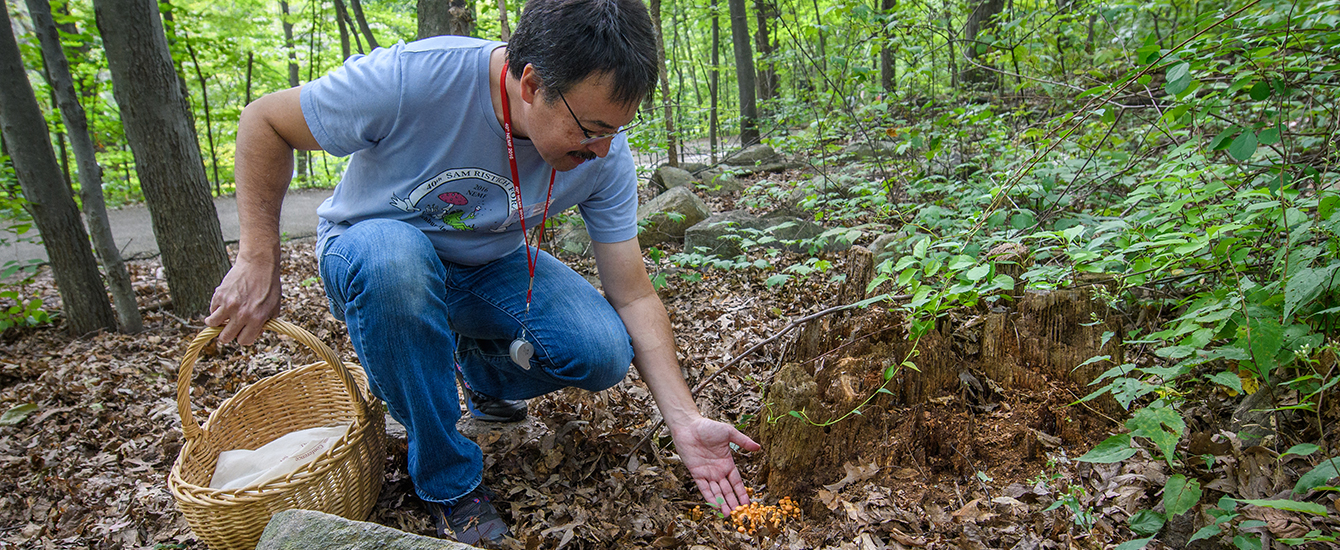Biology
Phylogenetic relationships of Sparassis inferred from nuclear and mitochondrial ribosomal DNA and RNA polymerase sequences
Document Type
Article
Abstract
Sparassis species show extensive morphological variation, especially when materials from eastern Asia and Australia are compared with collections from North America and Europe. We have been studying the taxonomy of Sparassis from eastern Asia, North America, Australia and Europe, using both morphological and molecular data. DNA was extracted from 32 recent collections of Sparassis from Australia, Canada, China, Finland, France, Germany, Japan, Switzerland, Thailand, the United Kingdom and the United States. The report of a Sparassis taxon from Australia is the first report of this genus from the Southern Hemisphere. Sequences of nuclear and mitochondrial rDNA and the gene encoding RNA polymerase subunit II (RPB2) were used to examine relationships both within the genus Sparassis and between Sparassis species and other members of the polyporoid clade. Equally weighted parsimony analyses and Bayesian analyses were performed using independent datasets and combined datasets of sequences from different regions. Our results suggest that: (i) Polyporoid fungi producing a brown rot may form a clade; (ii) as suggested in a previous study, Sparassis and Phaeolus form a monophyletic group, which is united by the production of a brown rot, the presence of a bipolar mating system and the frequent habit of growing as a root and butt rot on living trees; (iii) at least seven lineages are within Sparassis, represented by S. spathulata, S. brevipes, S. crispa, S. radicata and three taxa that have not been described, which can be distinguished on the basis of fruiting body structure, presence or absence of clamp connections, presence or absence of cystidia and spore size.
Publication Title
Mycologia
Publication Date
2004
Volume
96
Issue
5
First Page
1015
Last Page
1029
ISSN
0027-5514
DOI
10.1080/15572536.2005.11832902
Keywords
biogeography, MrBayes, multigene phylogeny, Polyporoid clade
Repository Citation
Wang, Zheng; Binder, Manfred; Dai, Yu Cheng; and Hibbett, David S., "Phylogenetic relationships of Sparassis inferred from nuclear and mitochondrial ribosomal DNA and RNA polymerase sequences" (2004). Biology. 282.
https://commons.clarku.edu/faculty_biology/282



